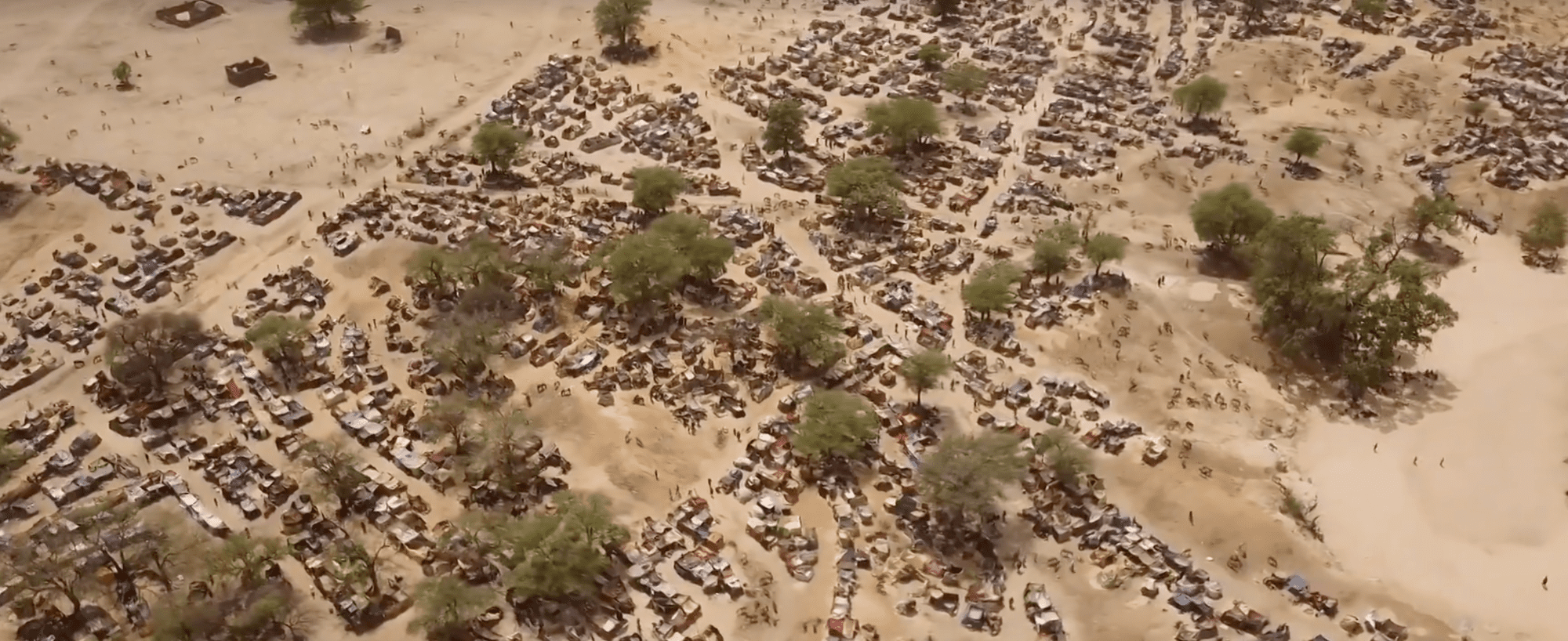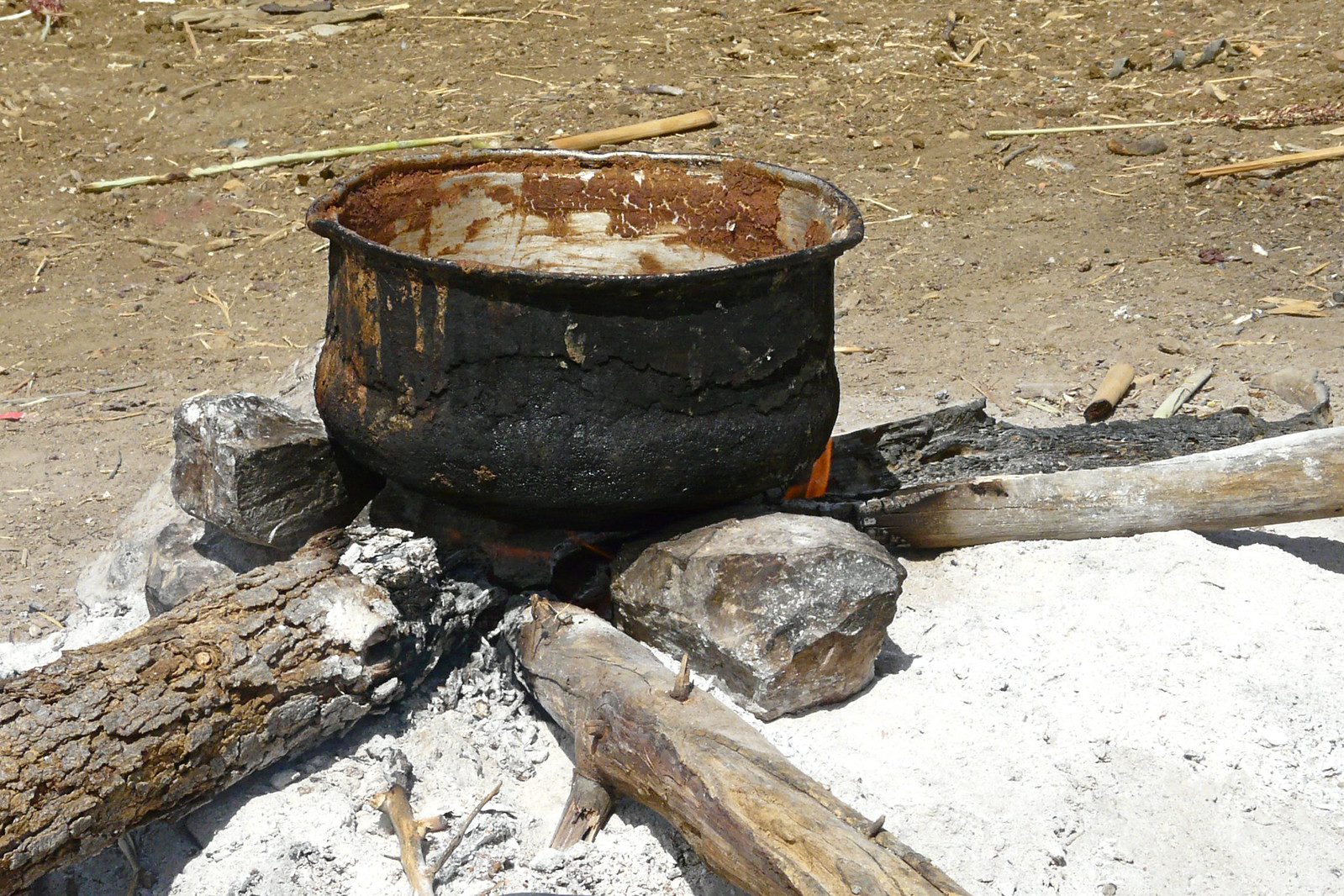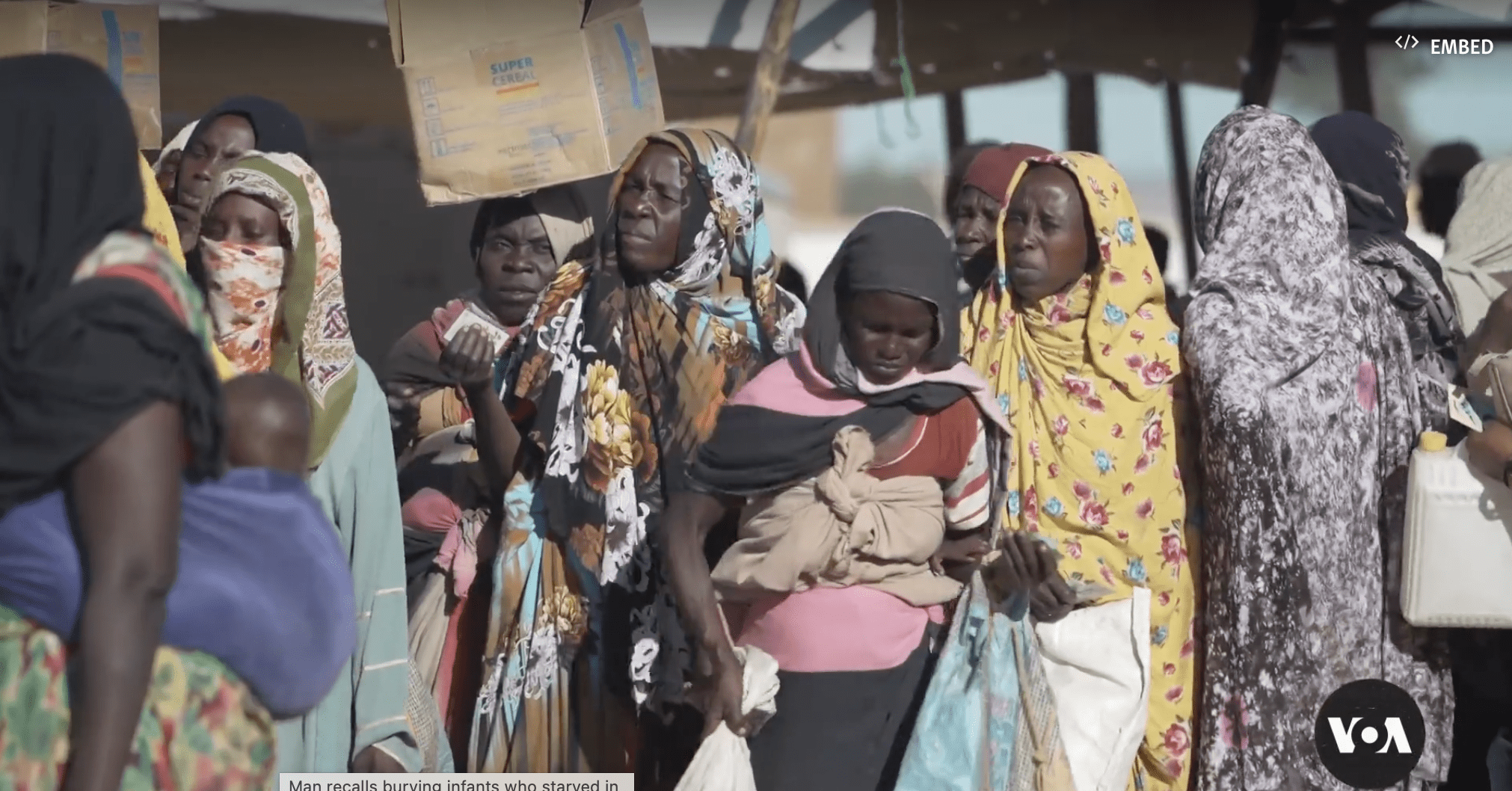Many of the atrocities committed by the Rapid Support Forces in Sudan over the last two years are genocidal. This is not in dispute. The Sudan Armed Forces have also committed heinous abuses, and their decades-long record gives little reason for hope that they will change. Those claims aren’t in dispute either.
Worse, as I argue in a new paper, ‘Lineages of Genocide in Sudan’, the classification ‘genocide’ does not capture the entirety of what is happening—the scale of disruption, trauma, and societal breakdown. Neither does the term ‘famine’ encompass the depths of deprivation. The picture is bigger, darker and deeper.
As Abdul Mohammed eloquently said in a recent edition of the podcast, The Horn, the Sudanese civil war has erased any consensus over the nature of the state. At independence in 1956, the Sudanese ship of state set said with an explosive cargo. It was the legacy of imperial conquest: exploitation of people and land, racism, along with a political habitus of use of violence. That cargo smoldered for seventy years, intermittently bursting into flame, and the country’s self-appointed political-military leaders are selling off the wreckage to the highest bidder.
The moral issue of the day is saving the passengers.
In the colonial era, Sudan’s conquistadors were shameless—stealing entire countries, enslaving and exploiting their people, killing or jailing anyone who dared to claim basic rights. In the post-colonial era, these excesses were mitigated by the demands of civil society for a more just, equitable and peaceful political order and by international norms and instruments for peace. Today, we appear to be heading back into an era of unchecked violence and impunity.
We don’t need to wait to count the graves and compile the testimonies. We know the lineage of this catastrophe and the logics that are driving it.



